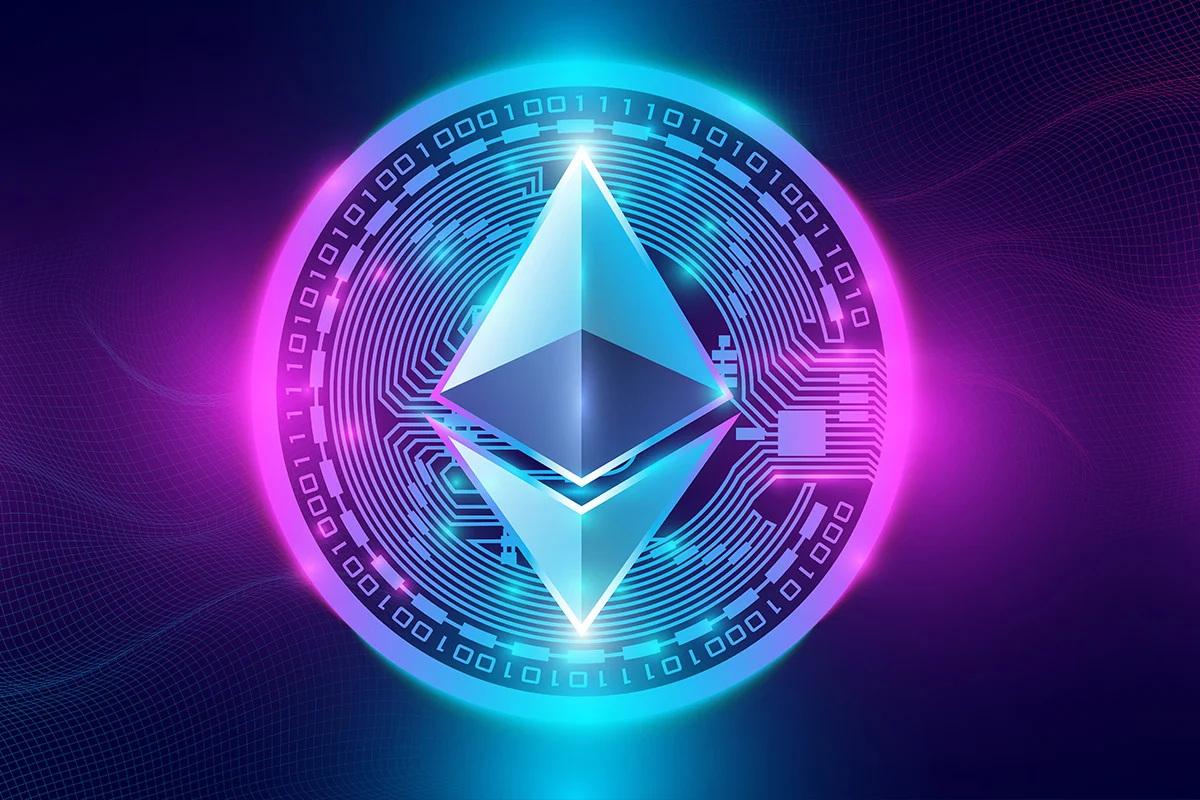TLDR
- Ethereum offers up to $2M in rewards for bugs found in the Fusaka upgrade security audit.
- The four-week audit contest runs until October 13, with rewards multipliers in the first two weeks.
- Fusaka focuses on improving Ethereum’s security, throughput, and efficiency with new features like PeerDAS.
- Ethereum aims for a late 2025 Fusaka upgrade but warns the timeline may slip due to coordination challenges.
The Ethereum Foundation has launched a high-stakes four-week security audit contest for its upcoming network upgrade, Fusaka. The contest aims to identify potential vulnerabilities before the hard fork is implemented, with rewards of up to $2 million for successful bug reports. This initiative is part of the Foundation’s broader push to ensure the robustness of Fusaka before it goes live, possibly as early as the fourth quarter of 2025.
The contest is being hosted on the Sherlock platform, a Web3 security platform, and co-sponsored by Ethereum’s key partners, Gnosis and Lido. The program started on September 15 and will run until October 13. The Ethereum Foundation is offering incentives to encourage early participation, with reward multipliers of 2x in the first week and 1.5x in the second week. This structure aims to attract more auditors and quickly identify vulnerabilities.
Fusaka Upgrade and Key Features
Fusaka, Ethereum’s next major upgrade, bundles multiple Ethereum Improvement Proposals (EIPs) aimed at enhancing security, scalability, and overall network efficiency. The most prominent feature is Peer Data Availability Sampling (PeerDAS), which distributes blob data checks across nodes. This innovation is expected to enhance the network’s capacity for rollups, reduce transaction costs, and improve throughput.
PeerDAS works by allowing nodes to confirm data availability without downloading full data sets. This will ease the workload of validators and improve the network’s efficiency, making Ethereum more suitable for decentralized finance (DeFi) applications and other decentralized applications (dApps). In addition, Fusaka will introduce the EVM Object Format (EOF), which refines the Ethereum Virtual Machine, making smart contract execution more efficient and secure.
Importance of the Audit Contest
The audit contest is critical in ensuring that Fusaka’s features are secure and well-implemented before they reach the mainnet. By involving the community in this process, the Ethereum Foundation hopes to catch potential bugs early, preventing issues that could disrupt the upgrade’s launch.
Bug reports submitted during the contest will be collected and compiled into an official post-mortem report, which will guide future upgrades and protocol improvements.
In addition to the contest, Ethereum’s ongoing Bug Bounty program offers up to $250,000 for reporting more general protocol vulnerabilities. However, the Fusaka-focused contest is specifically aimed at identifying issues related to this particular upgrade, emphasizing Ethereum’s proactive approach to security.
Challenges and Timeline for Fusaka
While Fusaka is expected to launch in late 2025, the Ethereum Foundation has acknowledged that the timeline could slip. Tomasz Stańczak, co-executive director of the Ethereum Foundation, has mentioned that if coordination between teams does not improve, there could be delays.
Some developers believe that certain features, such as the EOF, may need to be deferred if timelines become too tight.
Despite these potential delays, Fusaka remains a highly anticipated upgrade. If successful, it will further solidify Ethereum’s position as a leader in the blockchain space, particularly by improving its scalability and efficiency. As Ethereum continues to attract more decentralized applications and users, upgrades like Fusaka are essential to maintain its competitive edge.






